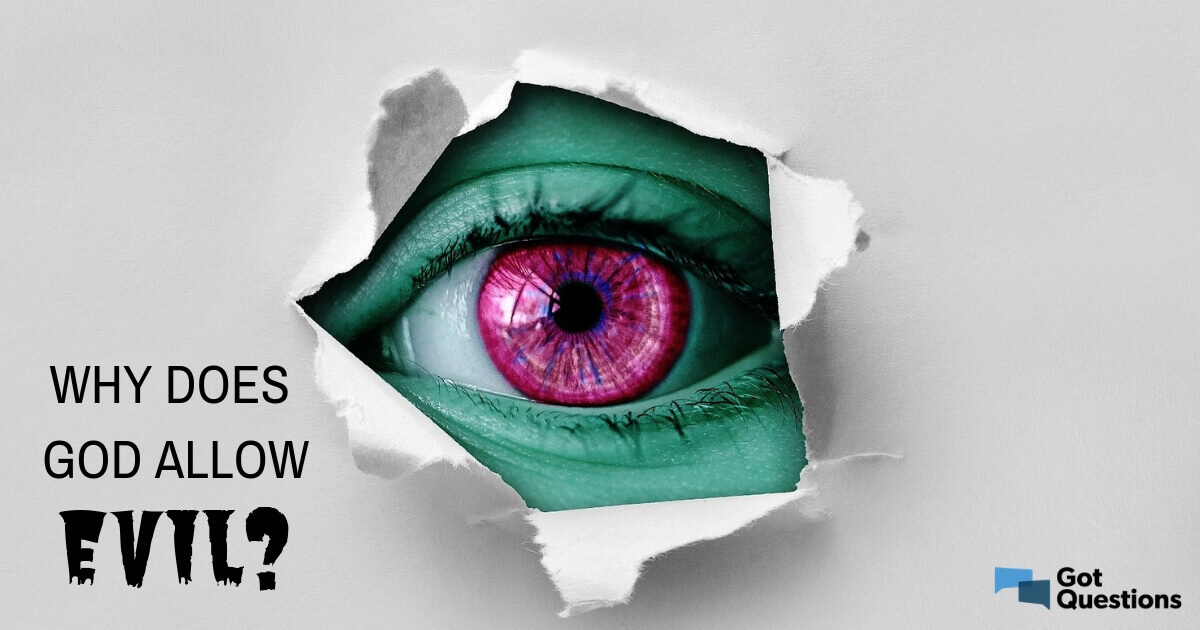Unknown Soldier
Well-known member
I'm a recent convert to Christianity. My reason to accept the existence of God is based on my need to have an example of a good person. Without such an example, the phrase good person has little to do with the real world. So I see God as the "benchmark" of what a good person is which is to say our goodness is measured by comparing it to God's goodness. If we act like God, then we are good, and if we act contrary to God, then we are evil.
This position of mine was challenged recently by the news of nineteen children and two adults murdered by a gunman in their school. Obviously, God didn't stop the gunman from murdering his victims. If God is good, then he was good or at least not evil for allowing the murders to happen even though he could have stopped them. So if I get back to my previous reasoning, to have the goodness of God I would also fail to save the murder victims even if I could have saved them. I would be a "good person"! On the other hand, if I saved them, then I'd be acting contrary to God and be "evil."
So if any of you were God, then would you have saved the children and adults who were murdered? If so, then how can you act contrary to God yet be a good person? If you were God and allowed the murders, then why did you allow the murders? In what way is twenty-one murdered people good?
This position of mine was challenged recently by the news of nineteen children and two adults murdered by a gunman in their school. Obviously, God didn't stop the gunman from murdering his victims. If God is good, then he was good or at least not evil for allowing the murders to happen even though he could have stopped them. So if I get back to my previous reasoning, to have the goodness of God I would also fail to save the murder victims even if I could have saved them. I would be a "good person"! On the other hand, if I saved them, then I'd be acting contrary to God and be "evil."
So if any of you were God, then would you have saved the children and adults who were murdered? If so, then how can you act contrary to God yet be a good person? If you were God and allowed the murders, then why did you allow the murders? In what way is twenty-one murdered people good?






